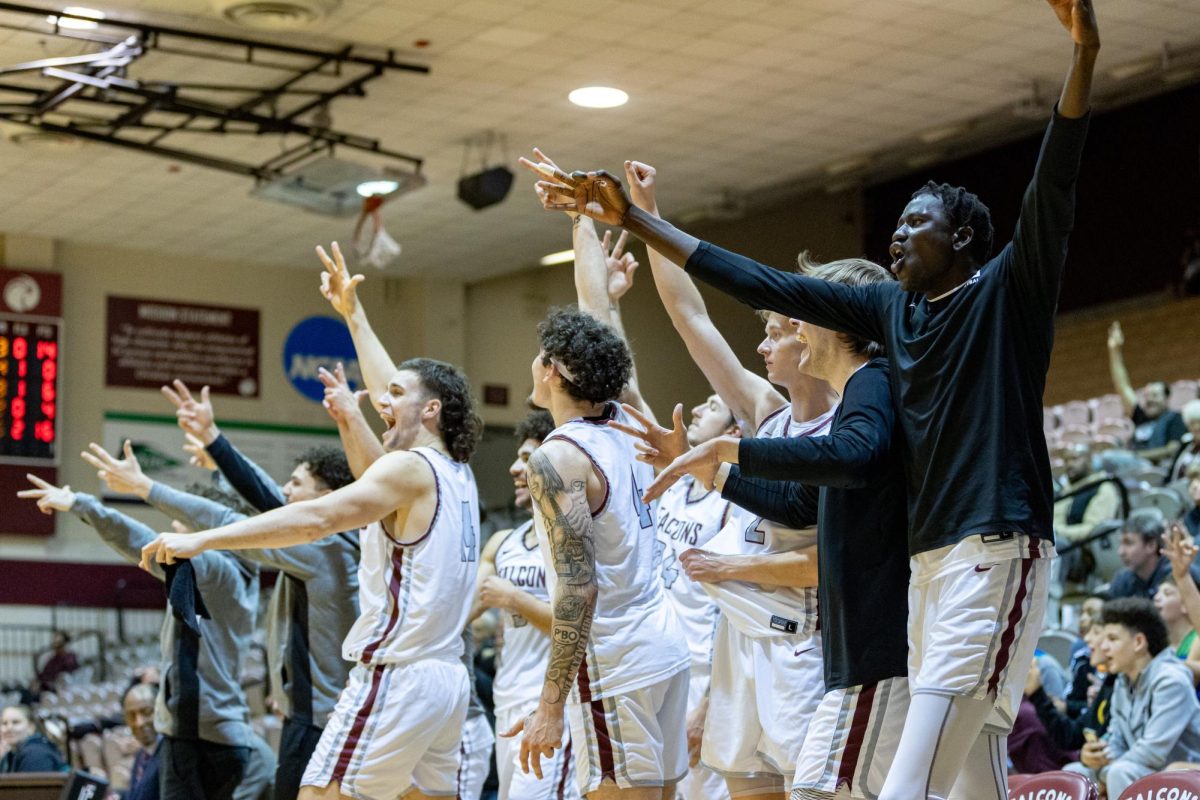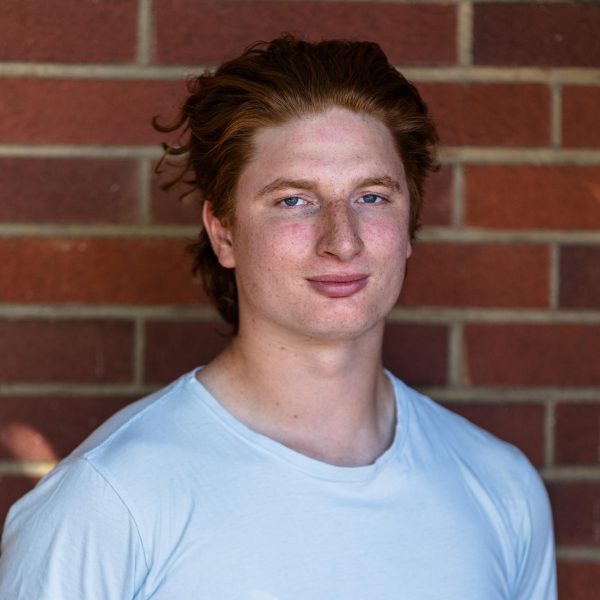
Many components play into the success, health and mentality of an athlete, such as speed, strength, confidence, but what is commonly overlooked is an athlete’s support system.
The people one chooses to surround themselves with play as much into their success and sportsmanship as anything else. Athletes at Seattle Pacific University look to coaches, friends and teammates for support and strength to share in their journeys forward.
For sophomore interior design major Maliya Hicks, a sprinter and long jumper on the women’s track team, her family is her greatest support system.
“With my family being gone in Montana, it’s helpful to call or Facetime them to talk about my meets or practices. It’s good to know they’re there for me, supporting me, whether it’s a good day at practice or a bad day,” Hicks said.
Hicks is especially grateful to her family for training beside and motivating her during this past winter break.
“My family have been there since day one. They provided for me financially, emotionally and physically too,” Hicks said. “They train with me when I’m not here, like when I had to go home over break and do my winter training. My family took me to the facility to work out and check in with me.”
After her family, Hicks most values her connection to her teammates.
“My teammates are a support system because we go through the same practices, the good days, the bad days and the hard workouts. That connection has definitely improved me as an athlete,” Hicks said. “My teammates and I have built a relationship.”
Sophomore center for the men’s basketball team and business finance major James Agany names the team’s coaches as his greatest support system.
“I have a lot of success academically [because of] my coaches,” Agany said. “They are always willing to help us whenever we need help in the classroom or on the court. The coaches and Kali [Barber], our academic counselor, all make sure we’re in the right spot taking the right classes, eating good and sleeping well.”
Agany explained that his coaches are the most hands-on when dealing with the team’s overall mental health.
“The most important thing is mental health, and that’s a focus for the coaches. Coaches make sure you’re good in classes … where you live in the dorms and you’re eating healthy. They say if you’re not good or need anything, to come to them,” Hicks said.
As an auxiliary support system, Agany and Hicks agree that peers outside of sports are as great a resource as any.
“I also value my peers around school. Sometimes they check in on me about my sport, like when they say, ‘I saw you running today, you looked like you had a tough workout,’” Hicks said. “Things like that really help. They might not know as much about the sport, but when they ask little questions, it’s like they see me and my heart moves.”
Agany views his friends and teammates as a family he can communicate with for his mental health.
“My teammates are supportive, we have each other’s backs. [SPU] is a small school, and friends are there all the time to talk with whenever I need to talk about life,” Agany said. “You can talk to friends about how everything is going because they’re like siblings. The best support is communicating, having someone there to ask how you’re doing or how everything is going.”
Personal goals are reached by the athlete who sets them, but progress can be delayed if an athlete’s mentality and consistency are waning. In those times, support from someone trusted is necessary to propel athletes forward.
“I would say time, because even with phone calls or things like that, it may be short and simple, but just talking and checking in helps out. Support systems in and outside of sports are very important mentally, physically and emotionally. As an athlete, I am definitely grateful for the support systems that I have,” Hicks said.



















































































